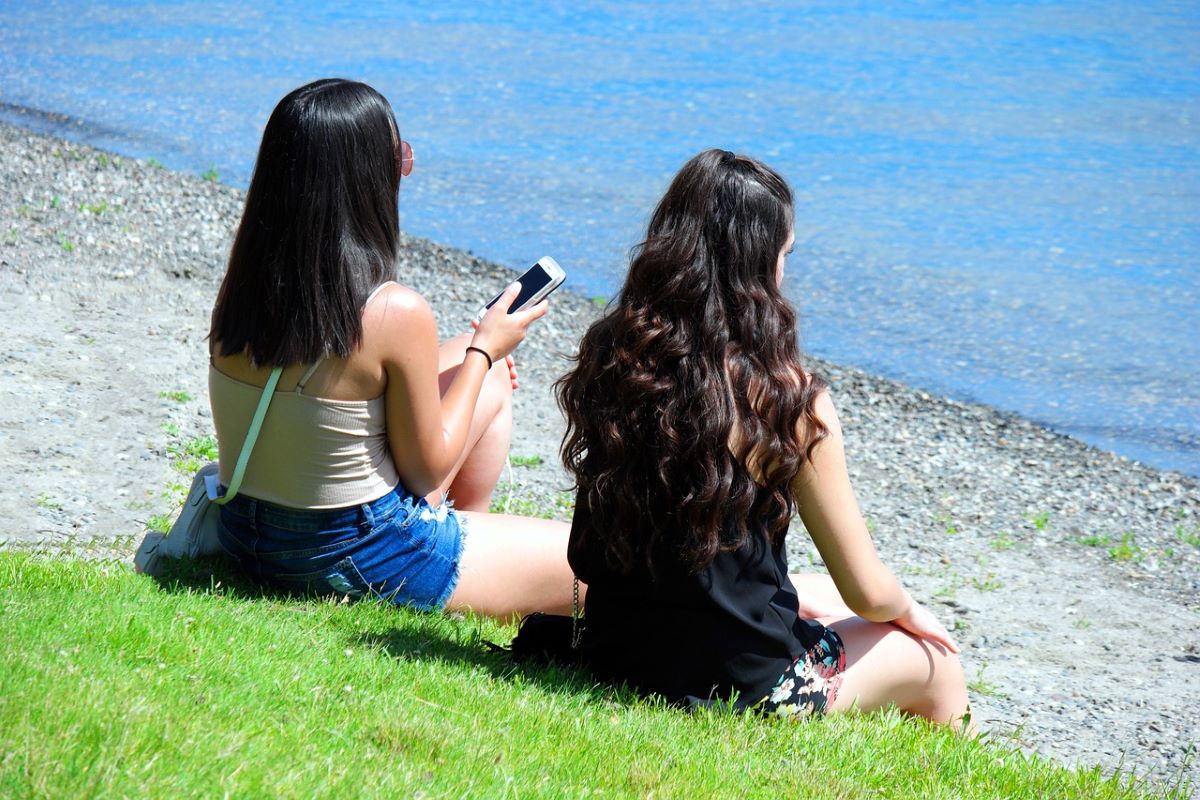In today’s fast-paced digital age, it’s easy to find ourselves tethered to screens for the majority of our waking hours. From smartphones to tablets, laptops to televisions, our lives have become intertwined with technology in ways unimaginable just a few decades ago. While these devices offer numerous benefits and conveniences, there’s a growing recognition of the toll they can take on our mental and emotional well-being. Here, we will focus on the healing power of disconnecting from screens and the profound impact it can have on our overall health.
Understanding the Screen Dependency Cycle
Before delving into the benefits of disconnecting from screens, it’s essential to understand the screen dependency cycle that many of us find ourselves trapped in. With the constant barrage of notifications, emails, social media updates, and streaming content, it’s easy to become ensnared in a never-ending loop of digital stimulation. This cycle not only consumes our time but also fragments our attention, leading to decreased productivity, heightened stress levels, and diminished quality of life.
The Toll on Mental and Emotional Health

Research has shown that excessive screen time can have detrimental effects on our mental and emotional health. From anxiety and depression to poor sleep quality and decreased self-esteem, the consequences of screen dependency are far-reaching. Constant exposure to screens can disturb our natural sleep cycle and cause fatigue. The curated images and content we encounter online can also foster feelings of inadequacy and comparison, exacerbating existing mental health issues.
Rediscovering Presence and Mindfulness
One of the most significant benefits of disconnecting from screens is the opportunity to rediscover presence and mindfulness in our daily lives. When we’re constantly glued to our devices, we’re often preoccupied with past or future concerns, neglecting the richness of the present moment. By stepping away from screens, we create space to cultivate awareness and appreciate the beauty of our surroundings. Whether it’s going for a walk in nature, practising meditation, or engaging in creative pursuits, disconnecting allows us to reconnect with ourselves and the world around us.
Strengthening Relationships
In our digitally driven world, meaningful face-to-face interactions have become increasingly rare. Many of us have experienced the frustration of being in the company of friends or family members who are more engrossed in their screens than in the conversation at hand. By disconnecting from screens, we can prioritise real-world connections and strengthen our relationships with loved ones. Whether it’s sharing a meal together, engaging in outdoor activities, or simply having a heartfelt conversation, unplugging allows us to deepen our bonds and foster genuine human connection.
Cultivating Creativity and Productivity
Screens often serve as both a source of distraction and a barrier to creativity and productivity. The constant influx of information and stimuli can impede our ability to focus deeply on meaningful tasks and stifle our creative expression. When we disconnect from screens, we create an environment conducive to creative thinking and innovation. Freed from the constant barrage of notifications and distractions, we can tap into our innate creativity and unlock new insights and ideas.
Restoring Mental and Emotional Balance
Perhaps most importantly, disconnecting from screens allows us to restore balance to our mental and emotional well-being. In a world where we’re constantly bombarded by stimuli, taking regular breaks from screens provides much-needed respite for our overstimulated minds. Whether it’s through practising mindfulness, spending time in nature, or engaging in offline hobbies, disconnecting allows us to recharge and replenish our mental and emotional reserves. As a result, we’re better equipped to navigate the challenges of daily life with clarity, resilience, and equanimity.
Practical Tips for Disconnecting
While the benefits of disconnecting from screens are clear, implementing this change in our lives can be easier said than done. Here are some practical tips to help you incorporate screen-free time into your daily routine:
Set Boundaries: Establish designated times during the day when you will disconnect from screens, such as during meals or before bedtime.
Create Screen-Free Zones: Designate certain areas of your home, such as the bedroom or dining room, as screen-free zones to promote real-world interaction and relaxation.
Find Offline Activities: Explore hobbies and activities that don’t require screens, such as reading, gardening, or practising a musical instrument. If you are someone who is usually hooked on screens, downloading a good screentime app might be the first step to reducing your screen addiction. A screen time app will help you monitor how much time you spend on screens and encourage you to make small goals to enjoy the present moment as it is.
Practice Mindfulness: Take time each day to engage in mindfulness practices, such as meditation or deep breathing exercises, to cultivate presence and awareness.
Lead by Example: If you have children or family members, model healthy screen habits by prioritising offline activities and limiting screen time for yourself.
All in all, the healing power of disconnecting from screens cannot be overstated. By taking regular breaks from digital devices, we can reclaim our time, restore balance to our mental and emotional health, and cultivate deeper connections with ourselves and others.











